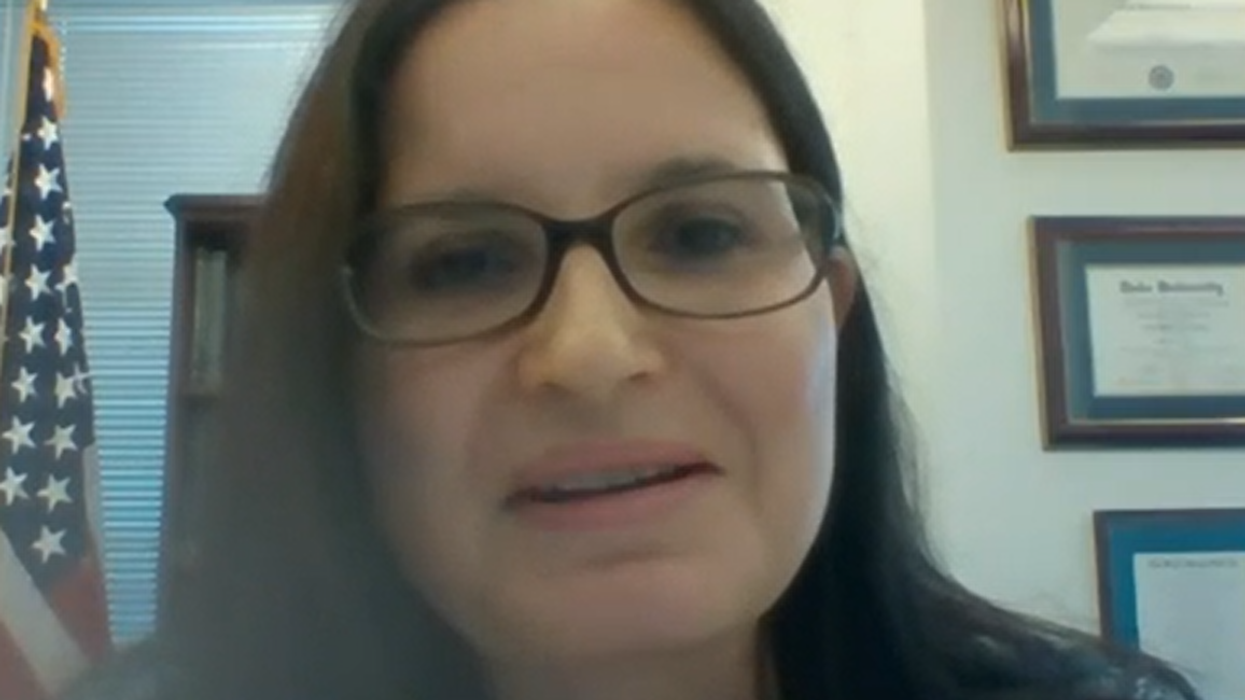'Judges set trial dates': Ex-federal prosecutor 'can’t overstate how unusual' Cannon’s behavior is

US District Judge Aileen Cannon's handling of Donald Trump's Mar-a-Lago classified documents case has resulted in many former federal prosecutors, judges, and other legal experts to call for her to be removed from the case.
Former federal prosecutor Glenn Kirschner emphasized in a Wednesday op-ed published by MSNBC that he cannot stress enough "how unusual" it is that Cannon has yet to set a trial date for the ex-president's case.
Kirshner pointed to retired federal judge Shira Scheindlin's assertion earlier this month regarding Cannon. Scheindlin said: "I think she is inexperienced, and I think it makes her insecure in her rulings. But the motivation may be mixed in with intentionally delaying enough to make sure this doesn’t go before the election.
READ MORE: 'Don’t interrupt me': Judge Cannon scolds prosecutor at hearing to defund Jack Smith
Kirschner emphasized, "When such concerns and criticisms of a judge’s suitability to preside over a given case are voiced by current and former federal judges, it’s hard to see how Cannon’s impartiality isn’t open to being reasonably questioned. It’s long past time for her to hand off this crucial case."
The former federal prosecutor writes:
Start with Cannon’s refusal to set a trial date, even though the case has already been kicking around in court for a year. I can’t overstate how unusual it is for a federal court judge to decline to set a trial date, particularly after the defendant’s lawyers informed that judge that they could be prepared to go to trial on August 12, 2024.
Judges set trial dates. It’s kind of what they do. It’s important to have a date-certain for trial because all intermediate deadlines in a criminal case are driven by that timeline. Once a trial date is set, judges will set deadlines for motions to be filed, litigated, and resolved in advance of and dependent upon the trial date. Simply stated: no trial date, no intermediate deadlines need to be set.
But because there’s no trial date, Cannon has deigned to set seemingly endless evidentiary hearings on motion after motion, mostly from Trump’s team. Adding insult to legal injury, Cannon is holding lengthy hearings on motions that most outside observers consider frivolous.
Last week, The New York Times reported that two federal judges urged Cannon not to take up the case last year, but she declined.
The New Republic reports:
After Cannon’s refusal, Chief Justice Cecilia Altonaga got on the horn and told Cannon taking the case would be 'bad optics,' according to The New York Times, due to Cannon’s intervention after Trump sued the government for seizing the classified documents, which Trump argued were his personal property. Cannon took over and decided the case in Trump’s favor. Prosecutors appealed her decision, and an appeals panel—including two Trump-appointed judges—overturned her order, ruling that she had no authority to intervene. Cannon rejected Altonaga’s assessment.
READ MORE: 'Recusal in a skinny-minute': How Jack Smith motion 'exposes Cannon to oversight'
Kirschner's full op-ed is available here.
from Alternet.org https://ift.tt/kT6GBw1
via sinceretalk
Comments
Post a Comment